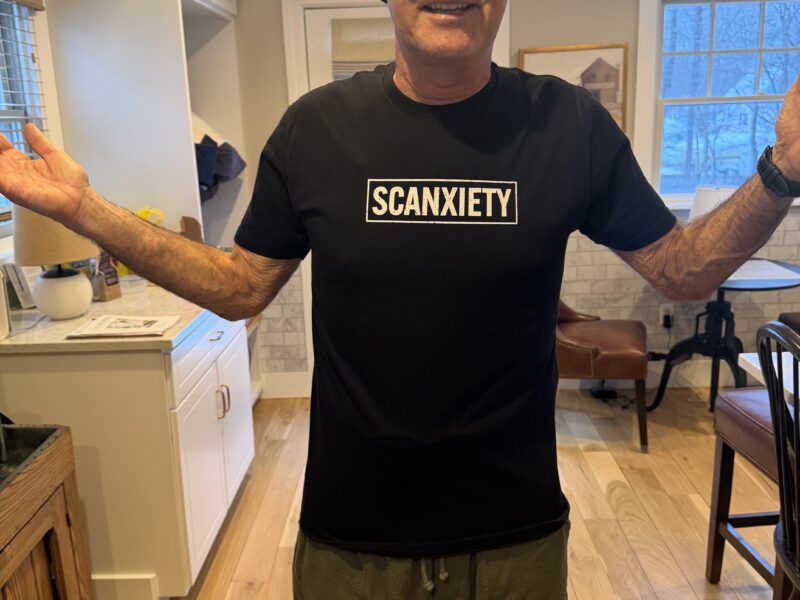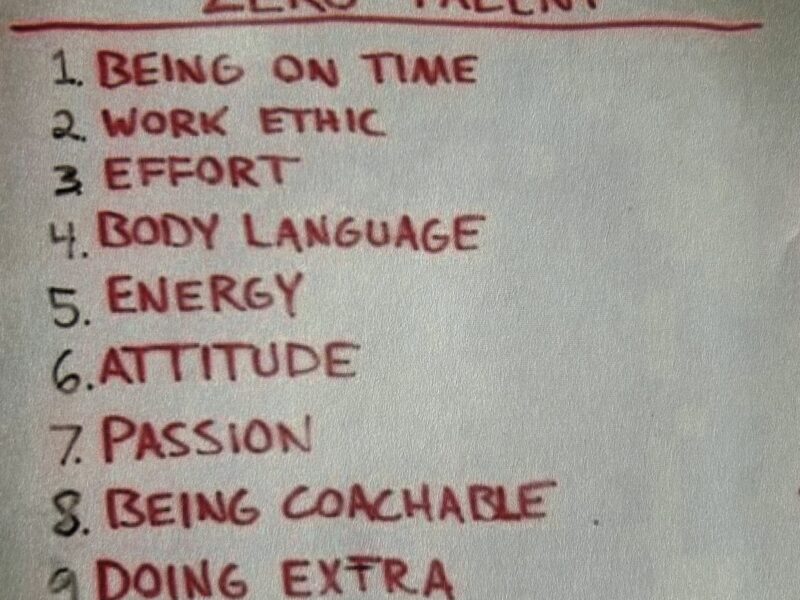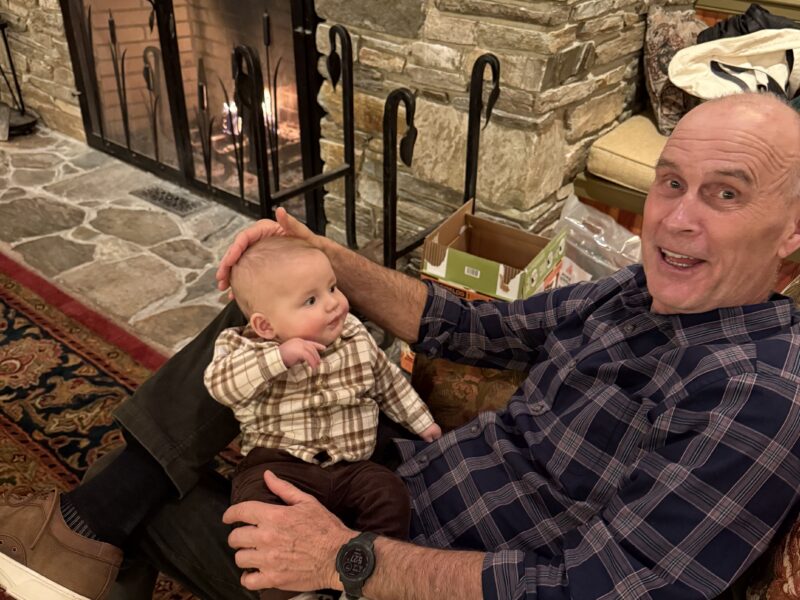As my Bowdoin College class prepares for its 35th reunion — Yikes!!! — the gradual re-gathering of the clan is yielding some interesting things that classmates are up to. I am especially intrigued by a program called American Hero Training that begins operation on June 1 in Colorado.
Established by a classmate named Bob Smallwood, the program seeks to help class members “maximize retention of the correct protocols for the most commonly encountered first aid emergencies.” His premise is simple but bold: “anyone can learn to be a hero.”
As you might expect, some of the emergencies explored include the usual suspects like seizures, strokes, choking, and cuts & scrapes. However, Bob’s “12 stations” also include topics like gun safety, dealing with bullies, and what to do upon encountering the scene of a car crash. I remember Bob as a guy who lives life “out of the box” and his course is true to form.
In viewing a proto-type of his forthcoming website, I was especially captivated by Bob’s fundamental concept at the core of each of his 12 stations and how closely they align with Hyde’s model of Motions-to-Effort-to-Excellence. At the outset, he argues that “repetition is the mother of wisdom.” Therefore, hero skills must be taught so that they become automatic. Becoming automatic is a process that evolves through four stages:
1) Unconsciously Incompetent: You don’t know what you don’t know.
2) Consciously Incompetent: You gain an understanding of what you don’t know.
3) Consciously Competent: You know the process and the right steps to take, but you need to think about it to get it right.
4) Unconsciously Competent: You perfom the necessary task(s) automatically.
For years, I have stated two simple objectives for Hyde graduates: 1)They will reflect positive character by reflex; 2) They will explore and pursue a deeper purpose in their lives. Suffice it to say that Bob Smallwood’s American Hero Training is right up that alley.
Onward, Malcolm Gauld


